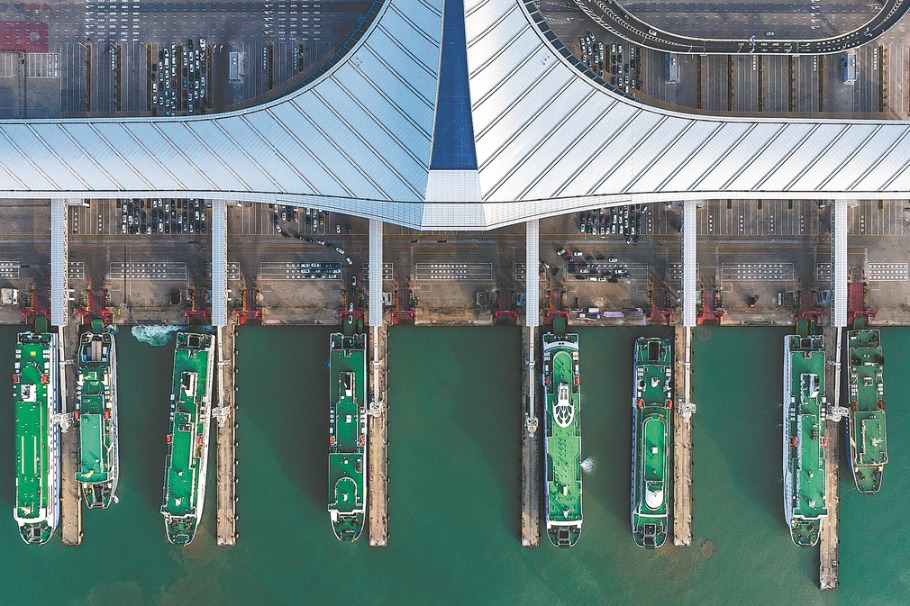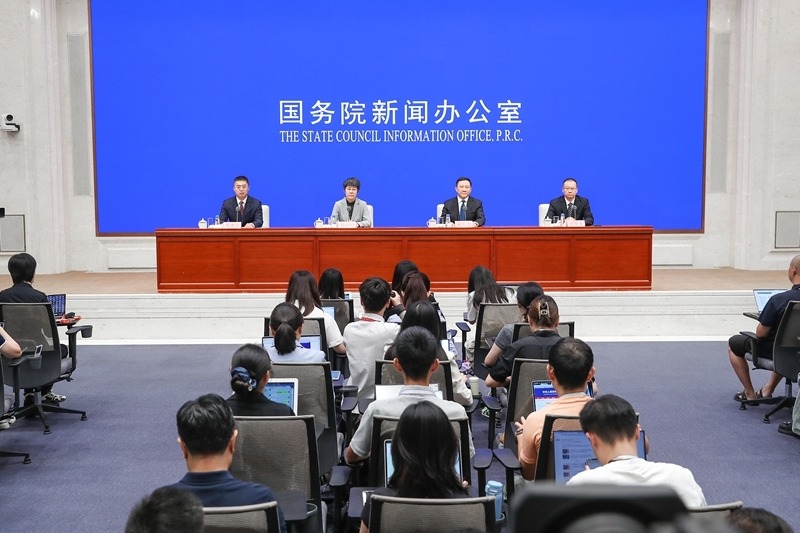Nation leads regional fight to improve air quality
Developing countries look to learn from China's efforts to boost growth while reducing pollution

Challenges ahead
Lauri Myllyvirta, lead analyst at the Centre for Research on Energy and Clean Air, a Finnish group, said that while China still has a lot of work to do to reach good air quality across the entire country, the exceptionally rapid progress made over the past decade offered important lessons that applied to most regions struggling with air pollution.
"China substantially strengthened the emissions standards for power plants and industry," he said. "This has made a major difference in air quality over the past decade."
"Most developing countries have weak emissions standards that allow more than 10 times as much emissions from power plants and industrial plants as China's current standards," he added.
To implement stronger standards China had to improve emissions monitoring and enforcement to ensure companies comply. This is an area severely lacking in most developing countries, Myllyvirta added.
Zhang Hongliang, a professor at the Department of Environmental Science and Engineering, Fudan University, said developing nations should not forge ahead with air pollution control measures without first considering the costs and potential impact on people's livelihoods.
While this is never easy, China's success has set an example for countries in the Global South on how to address air pollution in a comparatively short period of time.
"US and European countries took about half a century to resolve their air pollution problems. Many people hold that the process may last for a century in China, considering that the country was confronted with a much worse air pollution situation," he said.
However, China's experience has proved that "if they are determined to address the problem, they can also make it in 30 to 50 years or even a shorter period", he said.
Zhang, who initiated a China-India Association of Atmospheric Scientists in 2018, said air pollution is a problem that nobody is immune from, therefore, both the political elites and the public in developing nations should be willing to address the issue.
However, developing nations' governments still need to draw a clear picture of the measures they plan to introduce and how much they will cost.
"A key issue for developing nations is that they need to strike a balance between economic development and pollution control," he said, adding they need to ensure people's livelihoods will not be significantly affected by their air pollution campaigns.
Muhammad Zamir Assadi, a Pakistani political analyst and an editor with Internews Pakistan based in Islamabad, said he is impressed by the steps China has taken to improve air quality, including efforts to control the capacity in smokestack industries, such as iron and steel, and to promote new energy development.
Pakistan is looking forward to support from China to remove contaminants and pollutants so people can breathe clean air, Assadi stated.
He also said there is great potential for China to cooperate with other developing nations on tackling climate change.
"China, being a developing country, has had good success in tackling climate issues, so this experience can also be shared with the developing countries like Pakistan who are facing serious climate issues," he said, adding China's climate change solutions are practical and also recognized by the international community.
houliqiang@chinadaily.com.cn
- Shanghai Museum celebrates final 168 hours of ancient Egypt exhibition
- Man detained after deadly attack in Nanchang
- Bus accident in Liaoning province leaves 4 dead
- Guangdong's mechanical and electrical imports up 17.4%
- Guangdong universities aid flood-affected students
- Pingtan drives strong growth in wind power development



































